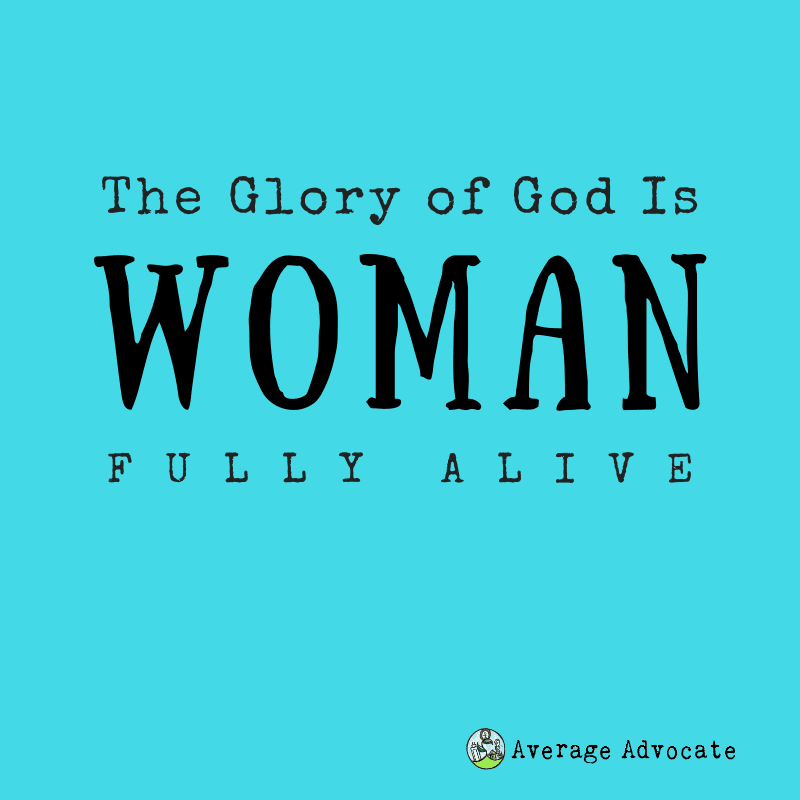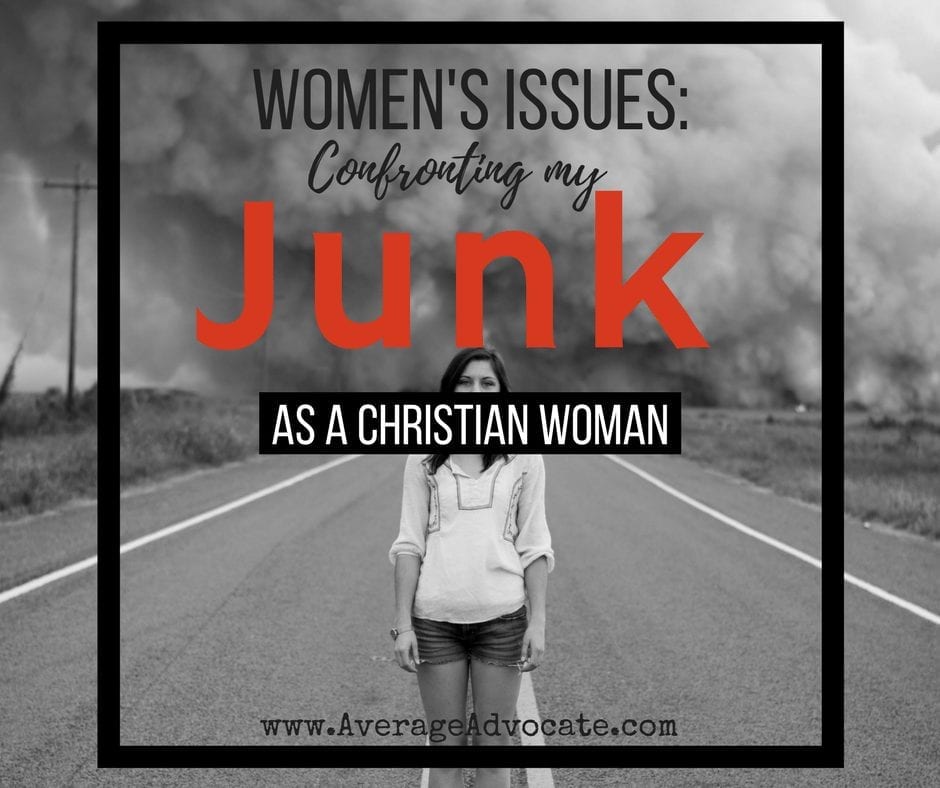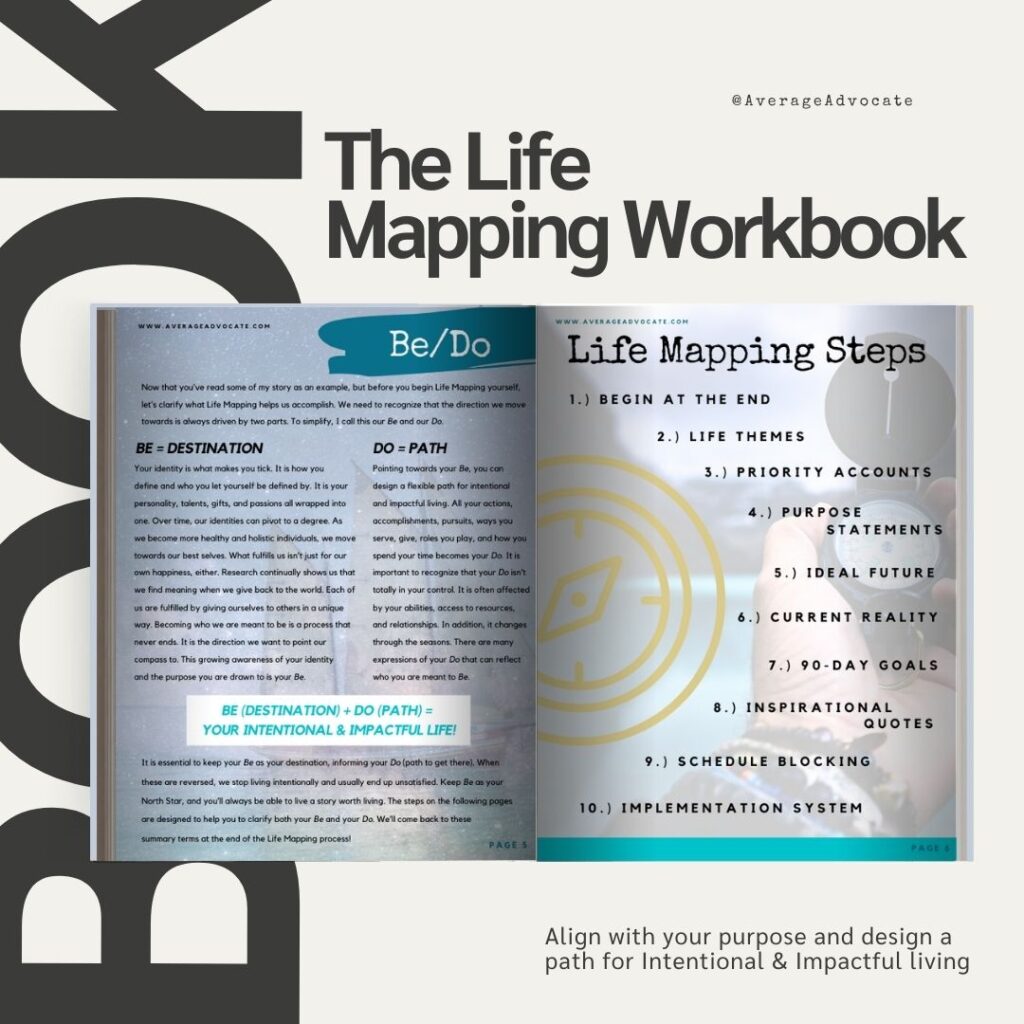This last week there has been an explosion of hard (and sometimes mean) conversations between two distinct camps in Christianity about the role of women.
But for many of us, in the middle, it is all about risk aversion.
Why Is It Risk Aversion?
We generally don’t think of our theology as risk aversion. But honestly, often it is. We care about something largely because we want to avoid what will happen if we don’t. There is a fear of rejection, of being put into the “wrong camp,” of losing community, or losing calling.
The two sides make such paramount cases. Here are the risks these sides are trying to avoid (this is a generic rendering of a huge theological debate, so please note that in this brevity):
1.) The Egalitarian Case:
We’ve been greatly deceived by Satan, ages of injustice, and personal sin, crippling half the people in God’s Kingdom (women) from being released to build the Church. The result? Even beyond the wrongful oppression of women, everyone is missing out by putting women in a box. Vitally, God’s Kingdom is greatly hindered.
2.) The Complimentarian Case:
As we must please God by following his ways, we must submit to a specific role for women under male leaders (to what extent is debated) as God’s design. If we don’t, we will never discover God’s fullness for our lives or society’s. And for many, there is an undercurrent fear of God (and male leaders/husband’s) to not obey this. Sure, it might not be as “the world does it” but as we are “set apart” and for God, culture, and family, it is worth it.
(Although, honestly, the historical norm has been patriarchy, so it isn’t hard to make a case that this IS how the world does it. However, this article does a great job pointing out why this should not be the case in complementarianism either.)
It is important to note that both the egalitarian and complementarian camps believe they are in line with God’s word.
So, then, for the unconvinced, the question for each church, family, individual has become which belief has less risk associated with it?
But note what they both have in common! A desire to follow God’s ways, a desire to change the world, a desire to use all people in one manner or another. (This is when we pull out our Spectrum of Beliefs Graph)
Creating Safe Conversations on the Role of Women
A couple years back I began studying this in great depth. Why? I am a Christian woman leader and I sincerely love God and my family.
Many of us are caught in the middle of this debate. Too often it isn’t a safe space for hard conversations but rather a judgement zone, without love or pursuit of unity.
If you’ve been caught in the middle, like I have been, I am sorry. It’s not a fun place to be and I hear you.
When I wrote this post, it was the beginning on my own journey to work through my own pain. I also ended up writing an (unedited) curriculum “Kingdom Woman” to look at this Biblically, geared towards people in both camps. (Interested in using that curriculum? Let me know!)
Guess what? The result of doing this with people from both camps was respect and unity, even when we didn’t agree. That’s what love does.
There has to be somewhere for safe to start these conversations, where love will be present even when we are triggered and beliefs are questioned. Our love for one another must supersede what sometimes just ends up being preferences and traditions.
And you know what is nice? God actually says He guides us into truth. We just follow him.
Stress-free, am I right?

What’s Your Story?
So what about you? What’s been your experience if you’ve been in the middle? And, how have you handled these conversations before? Listening? Shutting other down? Silence? (Here are some ideas on how to handle these conversations.)
What about those of you who aren’t followers of Jesus? What does watching and hearing us (regarding women’s roles) like?
I’d love to hear anyone who wants to weigh in on this–whether you want resources, have questions, have found yourself in one camp and can’t imagine changing, or just giving me a heart because you get it have been there too.
Resources For Those Trying to Figure Out the Role of Women in Christianity
A Largely full review of the controversial scriptures in New Testament about women’s roles from scholars on both sides: What Should Be the Role of Women in the Church
Here’s where my journey started and a list of some of the resources I used: Dealing with My Junk as a Christian Woman
Here is the Spectrum of Belief Graph, helping us figure where we are at in our beliefs and how to connect with others.
Why Should We Care About Woman? (Is the gender oppression thing real?)
Four Dangers For Complementarians (about addressing those in the middle– personally, although I don’t share all this author’s beliefs, but it brings up many of the same thoughts the Church must address)










